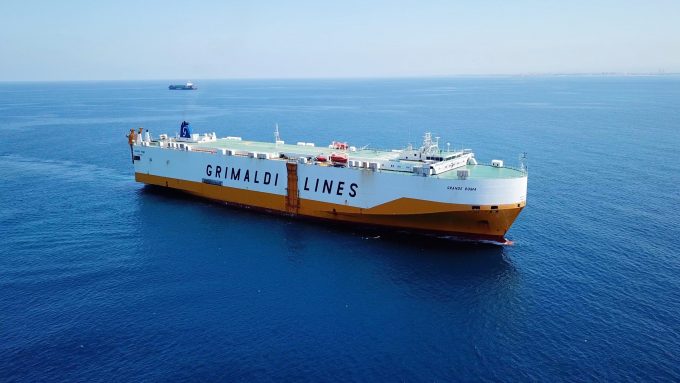Interest in larger tonnage picks up amid flurry of newbuild orders
Tonnage providers and operators have been active in latest containership newbuilding orders this week. South Korea’s ...

Some ro-ro operators are chancing their vessels transiting the Red Sea, just as the crisis deepens with the UK, US and others launching airstrikes against Houthi targets in Yemen.
News broke late last night that the US and UK governments, with tactical ...

Comment on this article